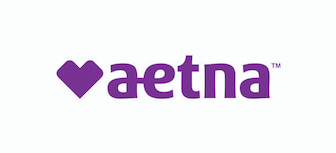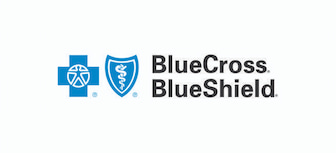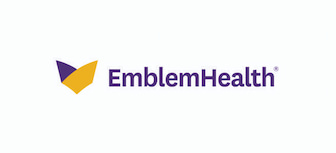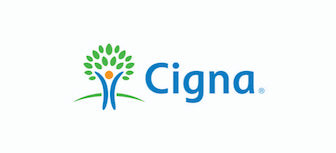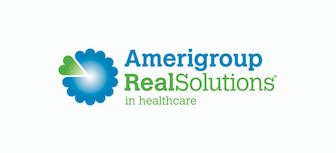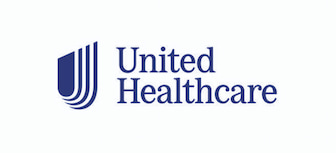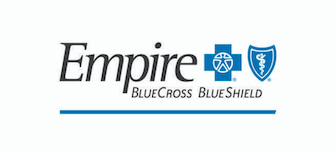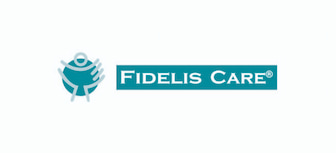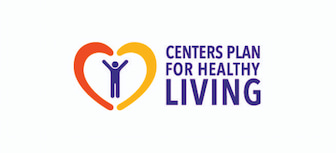What Does a Urologist in Brooklyn Who Takes Medicare Do?
A urologist is a doctor who specializes in diagnosing and treating problems with the urinary system in both men and women, as well as the reproductive system just in men. Complex problems with the urinary tract require the in-depth knowledge of a specialist. In many cases, when you start experiencing symptoms from your urinary system, you first consult your primary care physician (PCP).
Your doctor may decide to send you to a specialist in urology. If you’re among the many people in Brooklyn who have health insurance through Medicare, you can expect to find a local urologist in Brooklyn who takes Medicare. Use this directory to select one who’s a good match for your needs and then book an appointment.
Does Medicare Cover a Brooklyn Urologist Who Takes Medicare?
The type of Medicare plan you have, such as a BlueCross HMO Medicare Advantage, determines whether you need a referral from your primary care doctor. Other plans may allow you to directly contact the urology practice. Medicare is a federal health insurance program that provides health insurance for people aged 65 and over. It also covers people who have specific illnesses, such as end stage renal disease, even if you’re younger than 65.
Medicare coverage is divided into four parts:
- Part A, which covers inpatient hospital stays
- Part B, which provides 80 percent coverage for doctor’s visits and diagnostic tests
- Part D, providing coverage for prescription medications
- Medicare Advantage, which usually pays for medicine and covers the remaining 20 percent of Part B, minus a co-payment
If you’re experiencing abnormal symptoms involving your urinary tract, book an appointment with one of the best urologists in Brooklyn. After you see the urologist, if you learn that you need surgery or extensive testing, review your policy to find out what’s covered and what portion you’re expected to pay out of pocket.
What Are Signs That I Need to See a Medicare Urologist in Brooklyn?
Your urinary system includes your kidneys, ureters, bladder and urethra. If any part of the urinary system isn’t working correctly, you can develop a short-term or long-term illness that requires treatment from a urology specialist. Symptoms of problems with your urinary system aren’t issues you can ignore, as they rarely go away on their own.
Examples of symptoms you may notice include:
- Having pelvic pain that doesn’t go away
- Noticing your urine is cloudy, an odd color or darker than usual
- Urinating that causes pain or a burning sensation
- Having difficulty fully emptying your bladder
- Needing to go much more often than usual
An occasional urinary tract infection (UTI) isn’t concerning because it’s easily treatable, but if you have several infections over a short period of time, you may need to book an appointment with a Brooklyn urologist who takes Medicare. Men may have problems related to their reproductive system that a urologist can diagnose and treat.
Examples of these male issues include:
- Low testosterone
- Erectile dysfunction
- Swelling or lumps on the genitals
How Do the Best Urologists in Brooklyn Treat Urinary Tract Disorders and Male Reproductive Conditions?
After your urologist reviews your symptoms and medical history, the first line of treatment is often medication.
Your primary care doctor or your urology expert may have prescribed drugs, such as:
- Medicine that controls urinary incontinence
- Additional or stronger antibiotics
- Medication that relaxes your blood flow to fight erectile dysfunction
- Hormone replacement therapy
- Radiation and chemotherapy
If you need surgery, the best urologists in Brooklyn provide the latest treatment options that use minimally invasive techniques whenever possible. These minimally invasive procedures typically deliver less scarring, a lower chance of infection and a quicker recovery than traditional surgery techniques. Minimally invasive techniques include endoscopic, laparoscopic, laser and robotic surgery.
Your Medicare urologist in Brooklyn relies on these techniques to perform necessary procedures such as:
- Kidney stone removal
- Tumor removal
- A bladder sling procedure
- Kidney transplant
- Pelvic organ prolapse strengthening
Can I See a Medicare Urologist in Brooklyn After Hours?
The best urologists in Brooklyn are aware that some busy residents can’t easily make doctors’ appointments during the workday. Since there are many qualified urologists in Brooklyn who take Medicare, you can use this directory to find a urology specialist who offers after-hours appointments.
These convenient times may include appointment openings that are:
- Early in the morning
- After the normal workday ends
- On weekends
An advantage of living in Brooklyn is that it’s a bustling city with many options for public transportation. So it’s easy and convenient to book an appointment with a urologist in Brooklyn when it’s convenient for you. Remember that early treatment provides the best chance of avoiding messy complications.
Are There Medicare Urologists Who Specialize?
Some urologists treat any condition that falls under the field of urology, while others prefer to limit their practice to subspecialties.
Some of the possible urological specialty areas include:
- Urological oncology, which includes the diagnosis and treatment of cancers of the prostate, bladder and kidney
- Pediatric oncology, which involves treatment of urinary issues that affect children
- Female urology, which focuses on issues that are common in women, such as UTIs, overactive bladders and pelvic organ prolapse
- Male urology, which focuses on problems that often affect men, such as an enlarged prostate, erectile dysfunction and male infertility
Some urologists limit their practice to treating specific conditions like kidney stones and kidney transplants while others focus solely on reconstructive surgery. Consider whether you need a certain type of urologist and book an appointment with a Brooklyn urologist who takes Medicare. Ask your primary care doctor for a referral to a Medicare urologist in Brooklyn when your policy requires it.


 My BestDoc
My BestDoc
 Future Appointments
Future Appointments
 Settings
Settings
 Sign out
Sign out

